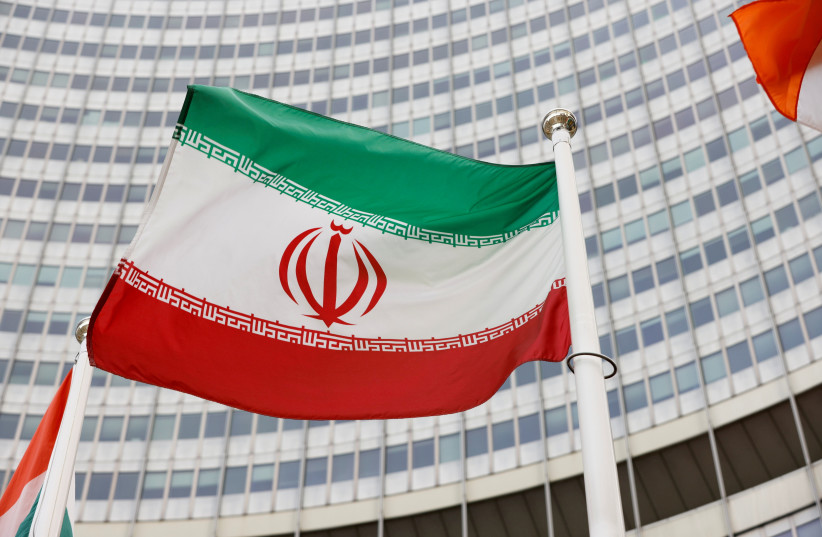Israel was one of 47 countries to sign a statement this week expressing grave concern about human rights in China’s Xinjiang Uighur Autonomous Region. The statement expressed growing concern in the international community about human rights abuses in that region, in which Beijing is accused of abuses against the country’s Uighur Muslim minority.
“We continue to be gravely concerned about the human rights situation in Xinjiang Uighur Autonomous Region,” said Dutch Ambassador Paul Bekkers as he read out the statement during the second day of the UNHRC’s 50th session in Geneva.
This is the second year in a row that Israel has signed such a statement. Last year the initiative to highlight China’s human rights abuses was led by Canada, with the support of the United States and many European countries. This year it was spearheaded by the Netherlands. Israel, however, declined to sign a similar statement in the fall at the United Nations General Assembly in New York.
Authoritarian regimes and human rights
During the era of former prime minister Benjamin Netanyahu, Israel was often seen to be shifting toward working with authoritarian regimes like China. This was part of a larger process in which Israel was skeptical of the West and its virtue signaling about human rights. Some Israeli policy makers believed the future was to be found in cozying up to regimes like those in Moscow and Beijing.
For Israel, however, the decision to seek out friends like Russia or China comes with a cost. Not only does it make Israel’s friends in the West suspicious, but Israel doesn’t even necessarily get what it needs in return. China was critical of Israel’s conflict with Hamas last year. China is also working with Iran, as is Russia. While Western countries share Israel’s concerns about Iran’s nuclear program, China and Russia often block condemnations of Tehran at international forums and condone the Islamic Republic’s pursuit of its nuclear program with impunity.

Some are of the opinion that a small country like Israel can’t afford to anger major powers. They also believe that in a dangerous region like the Middle East, Israel can’t afford to sign on to human rights statements without first weighing whether Beijing and Moscow might back Iran even more or somehow retaliate against Israel in places like Syria. It would be a shame if China seeks to punish Israel for signing a statement that many countries back. Either way, Israel’s place in the world is with its friends in the West and by standing with the values upon which this country was established – freedom and equal rights – and not the persecution of a minority due to their religion.
Israel has work to do to repair its relations with some Western countries. With the coalition in crisis again, it is clear that Israel could end up with another government that feels more at home with authoritarian regimes than with democracies. That would be unfortunate. While Israel has a future in Asia, that future goes far beyond China. It is connected to Israel’s close relations with India, South Korea, Singapore, Australia and other states.
Israel has learned that it is important to stand on the right side of history. This is also the case in expressing sympathy for Ukraine or finally recognizing the Armenian Genocide. For too long there have been cases in which Israel was afraid to rock the boat when it came to matters of principle. Many people and countries look to Israel as a light unto the nations. While it is true that some anti-Israel activists will always hate Israel, many others want to see Israel take a moral stance.
The allegations of mistreatment of minorities in China are clear. UN High Commissioner for Human Rights Michele Bachelet was in China recently and was criticized for not speaking out enough on these subjects.
Israel now joins with those countries that want to see human rights remain center stage in international relations. We should learn from this and not be afraid to contribute to the international community on the issues that matter most.
